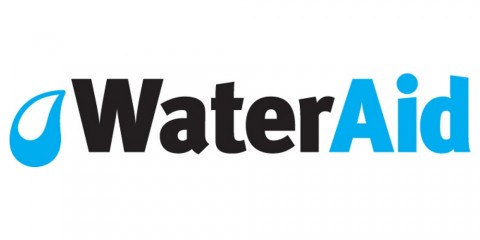Purpose
This project is a synthesis of Integrated and WASH service delivery programs with focus on improving sustained access to safe drinking water, improved sanitation and hygiene behaviors in schools, health facilities and communities.
Activities
This project is a synthesis of Integrated and WASH service delivery programs with focus on improving sustained access to safe drinking water, improved sanitation and hygiene behaviors in schools, health facilities and communities. The project will support Grand Kru County Authorities to reduce incidence of diarrhea and cholera and other water-related diseases affecting women and children in 15 rural communities and schools by improving access to safe sustainable water and improved sanitation and hygiene by the end of March 2018 using a systematic planning and implementation approach District Wide Approach.
Activities include:
At school level,
• The project will integrate service delivery and capacity building to holistically strengthen the school environment to impact education outcomes (enrolment, retention, gender parity, attendance, completion, and performance).
• Drawing from its experience, WaterAid Transboundary will support school administrators to develop annual WASH strategies and work plans that target and engage parents, School Management Committees (SMC), Parent Teachers Associations (PTA), teachers, pupils (through school health clubs) in school WASH programs.
• The project will construct and rehabilitate hand dug well or tube well/borehole capable of delivering sufficient water at all times for drinking.
• The package will support the integration of Menstrual Hygiene Management (MHM) in schools through construction and demonstration of appropriate washrooms for girls in schools, through life-skills training and hygiene education.
At community level,
• Support the delivery of safe water supply ,improved community sanitation through CLTS and hygiene services to purposely enhance behavior change.
• Support the construction/rehabilitation of water points such as hand-dug wells, boreholes, and water quality analysis and treatment mechanisms etc., in rural communities.
• This project will also have a capacity development component wherein community structures like natural leaders, CLTS facilitators, private sector artisans that retails in sanitary materials will be established and/made functional to promote sustainability.
• In schools and communities, the project will focus significantly on hygiene behavior change through PHAST approach. Community Health Volunteers will be trained to promote hygiene in a participatory way.
• Through CLTS approach, WaterAid will seek to support communities to become ODF communities through the construction of household latrines with adequate supply of water to facilitate hygienic anal cleansing and hand washing in order to mitigate the transmission of faeco-oral diseases..
Countries of activity
Location of main activity
Objectives
1. Improve and sustain hygiene behaviour and practice among 5,000 persons in schools, health facilities and communities
2. Improve access and right to safe water to 1,500 through the construction and rehabilitation of hand dug well and boreholes in targeted school, health facilities and communities by March 2018.
3. Improve access and right to improved sanitation to 3,000 persons through CLTS in communities and by March 2018.
4. Enhance community capacity to engender local ownership and sustainability and also demand of local government to provide access to WASH services by March 2018
Filter tags
Behaviour change Capacity development Community sanitation International NGO Other funding source or unspecified Rural Rural areas Schools Specific to one or several countries Sub-Saharan Africa Toilets or urinals (user interface)
















